An independent judiciary and a grassroots movement give Malawians a stronger voice
When Malawians went to the polls in June 2020 – for the second time in little more than a year – the election not only marked the culmination of a process that saw opposition parties and civil society organisations upend the status quo in a traditionally conservative country, but witnessed the country’s highest court send a strong message to the rest of Africa, where too many states still pay only lip service to multi-party democracy and the rule of law.
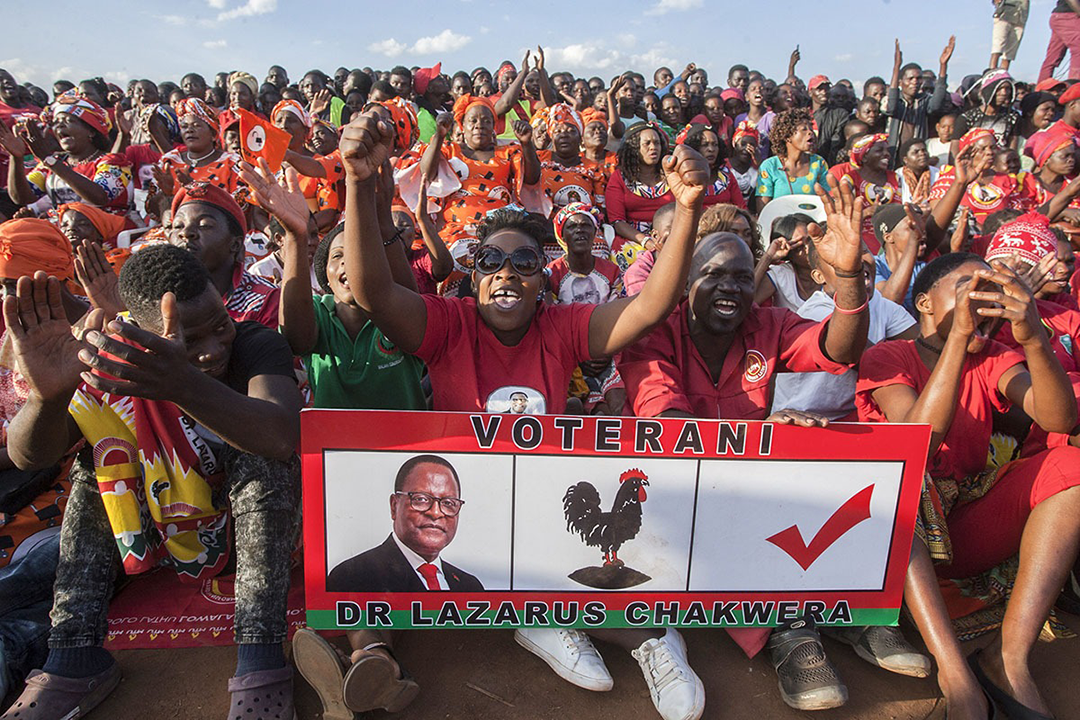
Supporters of Malawi’s main opposition Malawi Congress Party (MCP), whose leader, Lazarus Chakwera, came to power in June 2020 after the presidential election was rerun by court order. Photo: Amos Gumulira/AFP
In February 2020, in a decision that stunned the country, Malawi’s Constitutional Court accepted evidence that there had been “systematic, widespread and grave” irregularities during the May 2019 election vote count, but went further to declare that the current first-past-the post system used to choose the president was unconstitutional. The initial results had seen the incumbent president, Peter Mutharika, of the Democratic Progressive Party (DPP) returned for a second term. In future, the justices declared, the winner would need to get more than 50% of the vote, opening the way for coalitions among independent candidates and opposition parties. They ordered a rerun within 150 days.
Opposition candidates, the Malawi Congress Party (MCP)’s Lazarus Chakwera and the United Transformation Movement’s (UTM) Saulos Chilima, joined forces to challenge the results in the Constitutional Court based on evidence of irregularities that included return sheets altered with a popular correcting fluid known by its brand name, Tipp-Ex.
On 3 February, 2020, amid ongoing national protests against the so-called “Tipp-Ex scandal”, mobilised by the Malawi Human Rights Defender’s Coalition (HRDC), the court ruled in Chakwera and Chilima’s favour. The judgment, which was widely regarded in Malawi and the rest of the world as an important assertion of judicial independence, was appealed by both Mutharika and the Malawi Electoral Commission, chaired by Jane Ansah.
But in May 2020, a Malawi court of appeal upheld the Constitutional Court judgment and the election was rerun on 23 June, 2020, and declared free and fair, despite COVID-19 restrictions. Chakwera, with Chilima as his running mate, got 59.34% of the vote, while Mutharika trailed with 39.92%. Despite insisting the rerun had been irregular, Mutharika conceded.
It was a pivotal moment for Malawi and the rest of the continent, where people have been used to leaders who cling to power through fair means or foul in the face of poor or non-existent service delivery, corruption and unaccountable politicians at every level of government.
The anti-government protests, which also called for the removal of Ansah, were unusual in a country where, for many years, citizens were remarkably tolerant of an authoritarian government along with widespread cronyism among its political class.
Malawi became a multi-party democracy only after internal and external pressure, following three decades of dictatorial rule under self-declared president-for-life Dr Hastings Banda, who ruled the country like a one-man state following independence in 1964. In 1993, Malawians voted for multi-party democracy in a referendum, and the following year, Banda and his Malawi Congress Party were voted out office.
But “fear of the unknown” was long established under Banda’s rule. No one questioned his decisions as the appointing authority for public officers such as parliamentarians and ministers, among others. He was minister of defence, agriculture, foreign affairs, justice and public works. Personal liberties were denied; women were forbidden to wear short skirts or trousers, while men could not wear their hair long. Dissidents largely fled into exile.
Movements such as the quasi-religious grouping Public Affairs Committee (PAC) did play a big role in championing the introduction of multi-party politics in Malawi at a time when, after the 1994 elections and the ratification of the constitution, there were high hopes that civil society organisations would take a more active role in safeguarding human rights.
In fact, the PAC and other social movements such as the Episcopal Conference of Malawi and the Malawi Law Society did step up in 2002-3 when the incumbent president tried to amend the constitution to allow himself a third term in office.
But there was no all-encompassing, visible movement to keep government in check and mobilise citizens at a grassroots level, and the post multi-party democracy era saw government taking a business-as-usual approach, while corruption and human rights abuses took place under the noses of civil society organisations (CSOs) and social movements.
It was to fill this gap that the HRDC was born. “We realised there was no strong CSOs. Those that were there had a weak voice, they couldn’t strongly push, or powerfully give a voice to people at the grassroots who needed to be heard,” Luke Tembo, the HRDC national coordinator told Africa in Fact.
The HRDC was launched in December 2017 by several civil rights organisations and the Malawi Law Society “as a space to promote, among other rights, the enjoyment of the rights to freedom of expression, association and assembly by civil society”.
The HRDC’s initial plan, Tembo said, was to provide security to Malawi’s human rights defenders who were resisting shrinking civil space in the country. However, the HRDC realised that many active CSOs were built around the interests of the elite.
“The HRDC ensures that all national level issues relate to the people on the ground,” Tembo said. “We’ve ensured the establishment of grassroots structures, with community human rights defenders’ committees at village, district and then national level.
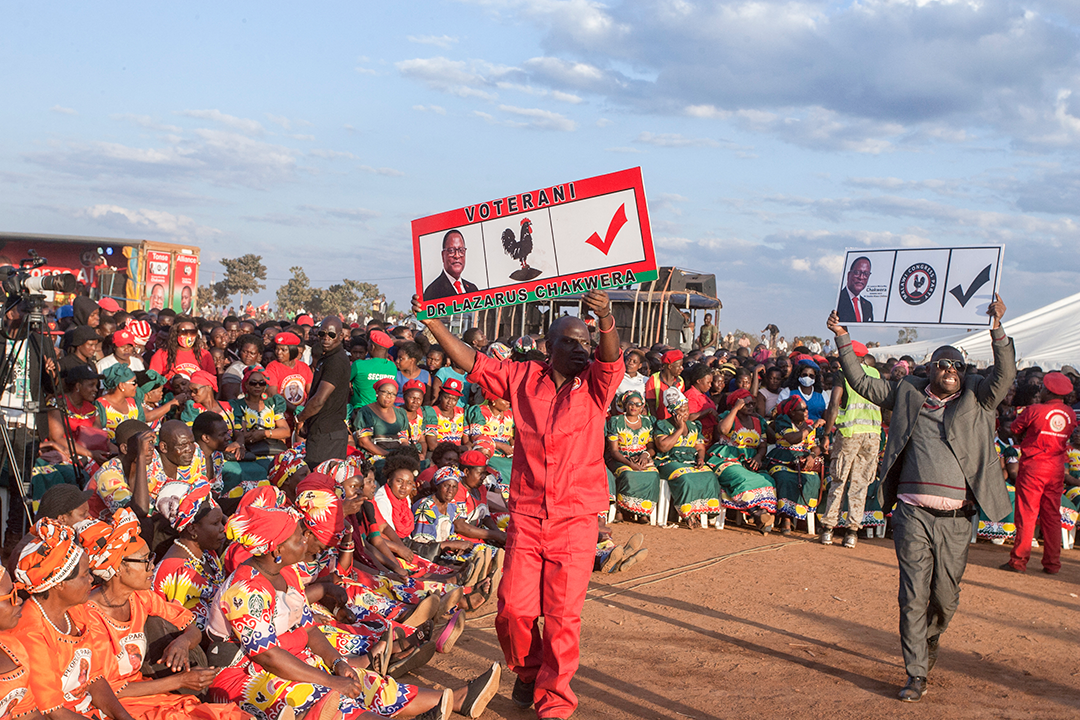
“Electoral justice has enabled Malawians to understand what active citizenship is about. As the HRDC, we have showed citizens how they can hold office bearers to account. There are those who say the HRDC has taught Malawians about human rights in the space of a year or so,” he said.
He does, however, believe that there is a need for the HRDC to help Malawians to understand the responsibilities that come attached to rights. “It also has to be clear that when people demand their rights, it doesn’t have to be associated with violence.”
Political scientist and public opinion researcher Dr Boniface Dulani said the HRDC was effective because its interests coincided with the public interest at that time.
“The HRDC is different from the PAC and other movements in the 1990s or earlier because the HRDC agenda is moved by the people themselves, while the PAC didn’t need the backing of the people, as they regarded themselves as visionaries,” he said.
But the leader of the opposition Democratic Progressive Party (DPP), Kondwani Nankhumwa, feels that much as movements like the HRDC might be seen as doing a good job, they are, in most cases, biased.
“They lean towards a certain agenda… For example, when the HRDC became popular, they had a relationship with another grouping or political party. So they were not fighting for a good cause, per se, in the process of mobilising the people against the DPP government, as it’s not that the DPP was 100% bad,” Nankhumwa said.
Chancellor College-based political analyst Dr Mustafa Hussein agrees the HRDC played a role in mobilising people to protest the 2019 presidential elections, creating an environment in which people felt freer to air their views on matters of public interest. “The HRDC has undoubtedly succeeded in making Malawi more aware of accountability,” he said.
“[But] I don’t think the existence of such movements in any way threatens the independence of politicians,” Hussein added. “These movements are there to just play a governance role. Maybe politicians would see them as a threat if such organisations exposed [politician’s] Mafioso wrongdoing or corruption.”
Josephine Chinele is multi-award-winning international journalist. She has worked as a news, features and investigative journalist for newspapers, radio and television platforms in Malawi, Tanzania and South Africa. Josephine has also been awarded several prestigious journalism fellowships in the area of HIV and AIDS, health and human rights among others. She is also a biomedical HIV prevention advocate.


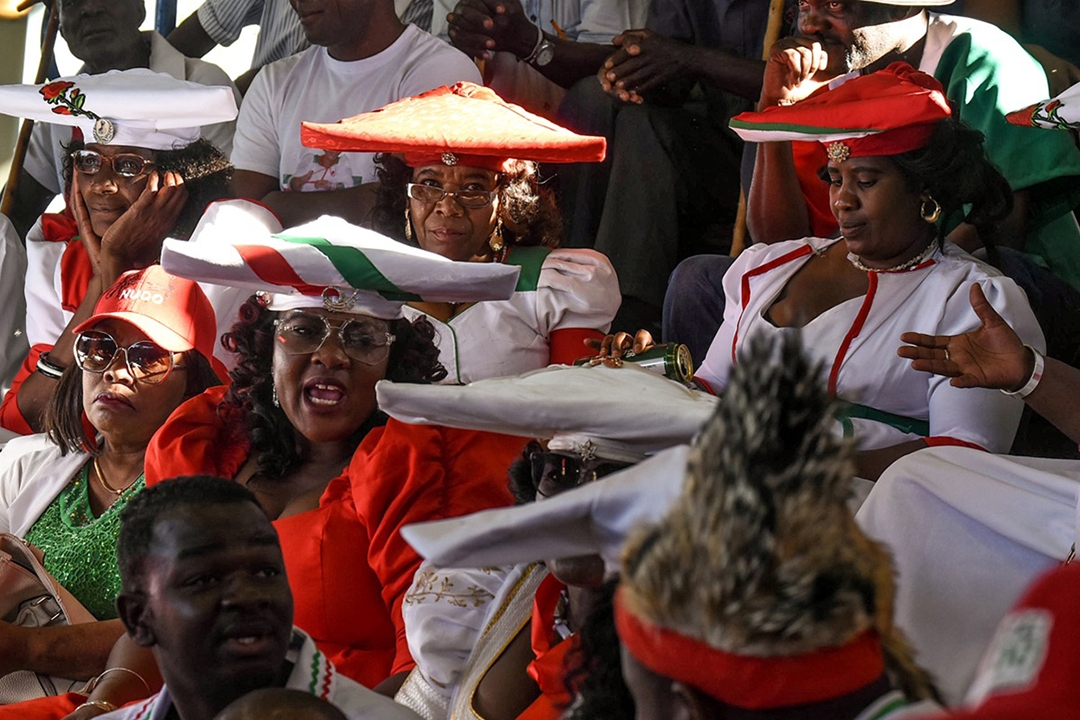
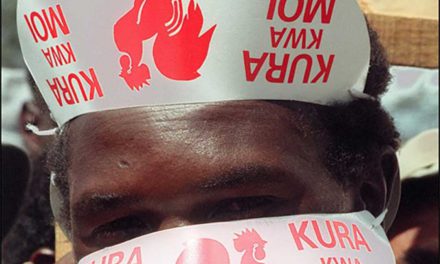
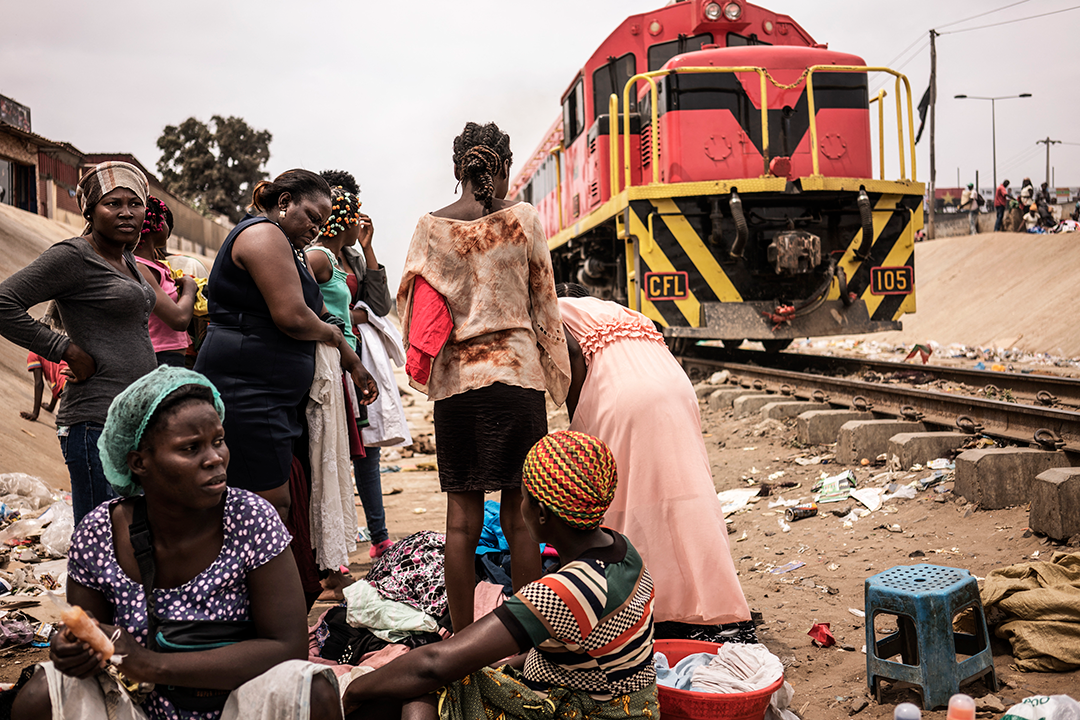
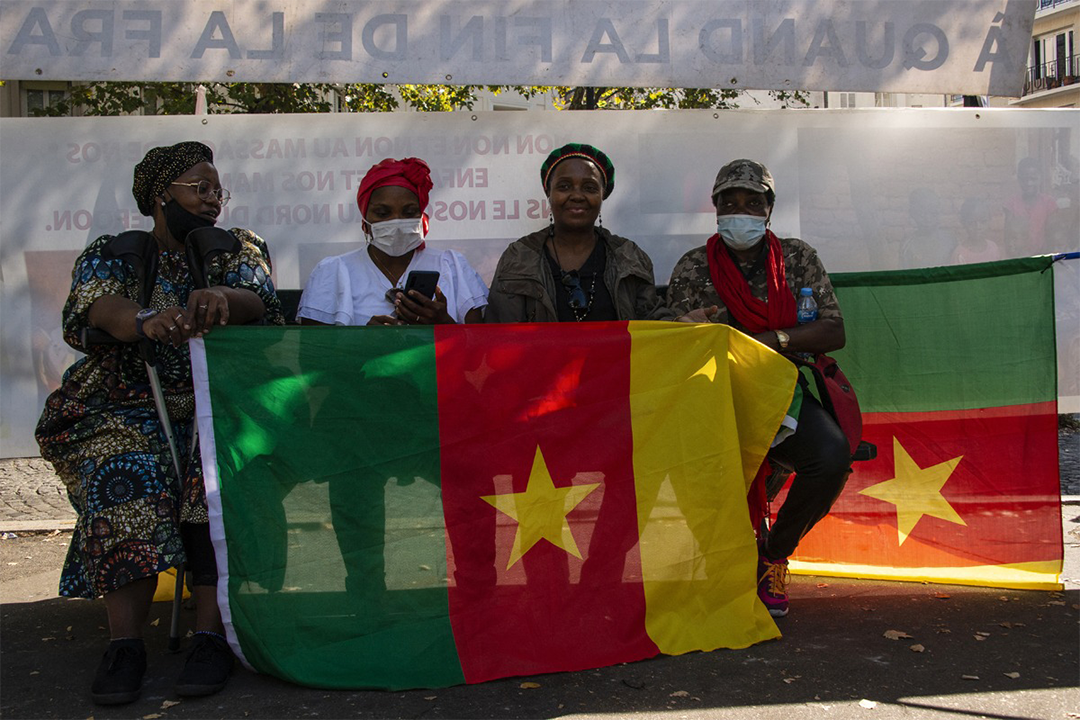


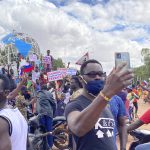




We be inspired f democratic change